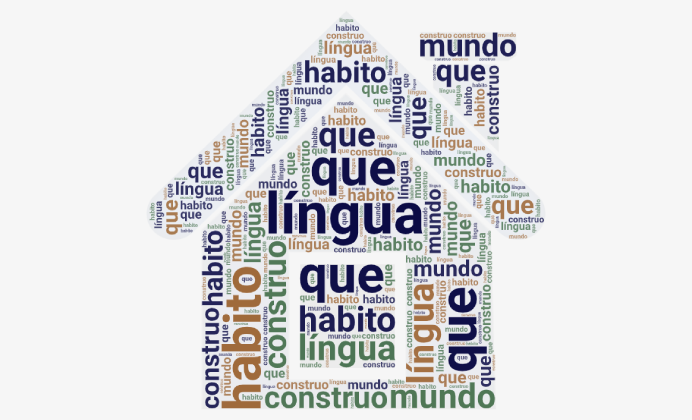Projects
The language I inhabit, the world I build: teaching Portuguese language and developing skills in Portuguese-speaking countries
Language is the most common tool in daily human activities. We use language to communicate, obtain information, learn new concepts and modes of action, express our thoughts, and worldviews. These "language practices" are carried out through discourse-texts, understood as the result of cognitive processes that reflect socio-interactional parameters and depend on them (Bronckart, 2006). Language is, therefore, a place we inhabit and one of the main instruments that allow us to act in the world. Within this theoretical framework, this project aims to seek answers to the following questions: What is taught when teaching a language? What is learned when studying it?
Considering the sociodiscursive interactionist conception of language adopted in this research, these questions are particularly important for the universe of Portuguese-speaking countries, not only because of the geopolitical scope of this universe of approximately 250 million speakers, present on all continents, but also because of the potential for social and human development and creative economy for the sustainable development of these countries (UN, 2021; Almeida, 2021).
At the curricular level, the teaching of mother tongue in secondary education in countries such as Germany, Brazil, Spain, France, England, and Portugal is closely related to the development of a set of skills (OECD, 2018, 2019) and transversal competencies (UNESCO, 2017), with an emphasis on cognitive and metacognitive skills (OECD, 2018), critical thinking, creativity, understanding of other cultures, learning to learn, and self-regulation (Dantas et al., 2022). How are these guidelines translated into pedagogical practices by teachers in Angola, Brazil, and Portugal? And how are these guidelines identified in student learning? are the purpose of the study "The language I inhabit."
Objectives
- Identify the pedagogical strategies developed by Portuguese language teachers in the final year of secondary education in Angola, Brazil, and Portugal in the classroom context aimed at developing the competencies and skills indicated in the mother tongue curricula;
- Compare the curricular guidelines and Portuguese language teaching programs for the final year of secondary education with the pedagogical practices developed by teachers in these three countries;
- Draw an exploratory profile of Portuguese language teaching in secondary education and its relationship with the development of competencies in the three countries;
- Understand the levels of critical thinking performance of secondary school students from the three participating countries;
- Explore the impact of language on the cognitive process of comprehension.
Research team
- Carla Galego
- Esmeralda do Espírito Santo
- Jorge Oliveira
- Lucimar Dantas
- Maria Teresa Costa
- Mary Joice Paranaguá Rios Rodrigues
- Raimunda Reis
- Rosalina Lambo

- Período Date
09.06.2022 to 09.06.2023 - Financiamento Funding
SEED CeiED (PE-CEIED-3/001/2022): 4.623,92 EUR - Referência do Projeto Project Reference
PE-CEIED-3/001/2022


